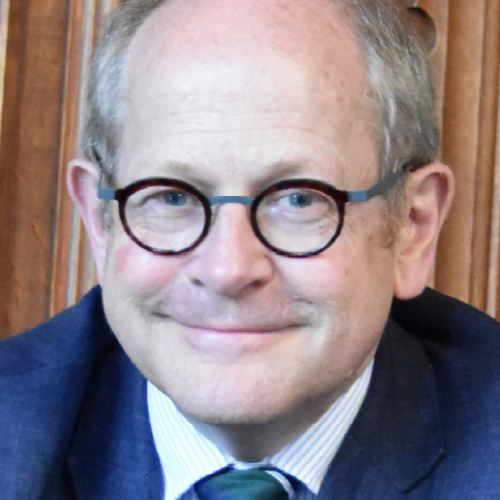Professor Christopher Howe
MA PhD ScD FLS
Christopher Howe is a Professor in the Department of Biochemistry, and Director of Studies in Preclinical Medicine, teaching Biochemistry to the first year medical students. He came to the College in 1983 as a Research Fellow, and has remained a Fellow ever since. His research interests concentrate on photosynthesis – the biochemistry underlying it, the evolution of photosynthetic systems, and biotechnological applications of photosynthesis. He contributed to studies showing that the malaria parasite Plasmodium has, surprisingly, a photosynthetic ancestry. Although no longer photosynthetic, it evolved from an alga closely related to present-day dinoflagellates (which underpin coral reefs). This opens possibilities for developing novel antimalarial agents. In 2017, the American Academy of Microbiology recognised his work by electing him as a Fellow of the Academy. He also works on the applications of computer programs from evolutionary biology to non-biological systems, including the copying history of old manuscripts, such as Chaucer’s ‘Canterbury Tales’. His other interests include opera (although unable to sing a note himself), and 20/21st century British Art. He was Warden of Leckhampton from 1999-2004, and is currently President of the College.
Research Interests
Professor Howe's research interests include the biochemistry of photosynthesis and the evolution of photosynthetic, and formerly photosynthetic, organisms. These include the malaria parasite, Plasmodium, whose ancestors were algae, and which still has a remnant chloroplast - a potential target for antimalarial drugs.
College Position
Professorial Fellow
University Position
Professor of Plant and Microbial Biochemistry in the Department of Biochemistry
College Offices/Posts
President, Director of Studies in Preclinical Medicine
